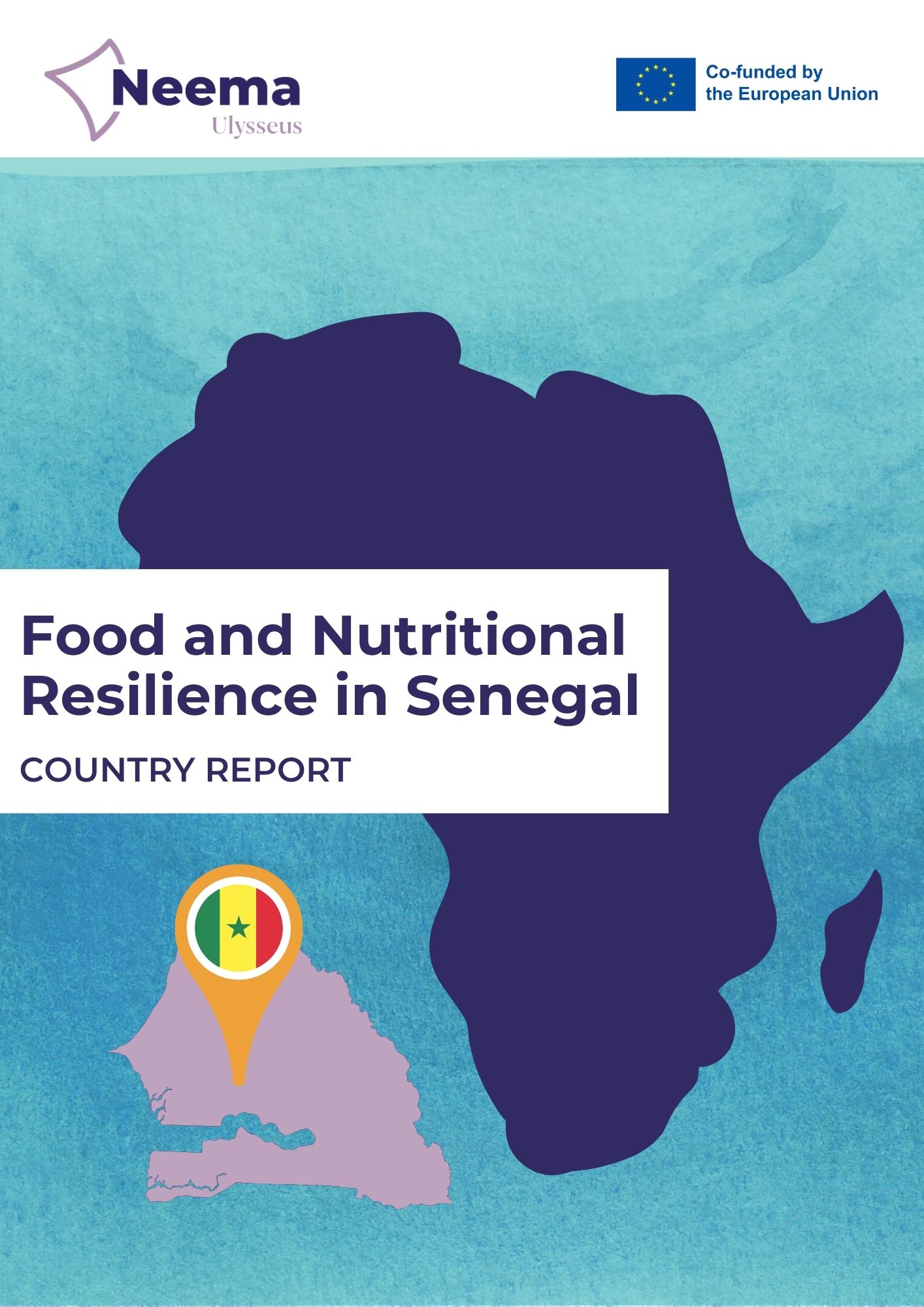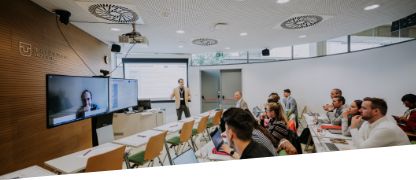NEEMA Food and Nutritional Resilience in Senegal
In recent years, Senegal has faced growing food and nutritional insecurity, exacerbated by climate change, worsening drought, and regional security crises, particularly in the Sahel. The impact has been profound, with rising food prices and inflation threatening access to nutritious food for millions of people. This has prompted an urgent need for robust food and nutrition resilience across the country, as well as throughout the ECOWAS region. The study highlights the critical importance of creating sustainable food systems that guarantee everyone’s right to sufficient, nutritious, and safe food. It also underscores the dangers posed by unsanitary food sources in Senegal, which heighten risks of disease and malnutrition.

Food and Nutritional Resilience in Senegal is part of the deliverables of the project NEEMA, Capacity Building in Higher Education through the development of a Food and Nutritional Resilience curricula adapted to the European Green Deal, Farm to Fork Strategy and to the needs of West Africa. NEEMA is funded through the ERASMUS EDU 2023 CBHE STRAND 2 call of the ERASMUS+ program by the European Education and Culture Executive Agency (EACEA) of the European Commission.
The main objective of the project is to adapt these frameworks to the specific conditions of the Sahel and West Africa, focusing on mitigating the negative impacts on food and nutritional security, especially for the vulnerable populations in the region. NEEMA seeks to strengthen the participation of higher education institutions in West Africa to improve their capacities in food and nutritional resilience, allowing better adaptation to the challenges posed by the EU Farm to Fork Strategy and its impact on the region.
In recent years, Senegal has faced growing food and nutritional insecurity, exacerbated by climate change, worsening drought, and regional security crises, particularly in the Sahel. The impact has been profound, with rising food prices and inflation threatening access to nutritious food for millions of people. This has prompted an urgent need for robust food and nutrition resilience across the country, as well as throughout the ECOWAS region.
The study highlights the critical importance of creating sustainable food systems that guarantee everyone’s right to sufficient, nutritious, and safe food. It also underscores the dangers posed by unsanitary food sources in Senegal, which heighten risks of disease and malnutrition.
The objectives of the study include analyzing Senegal’s legal and institutional frameworks for food security, assessing public policies related to nutrition, and identifying the strengths and weaknesses of the country’s resilience efforts. Based on this analysis, recommendations are offered to strengthen Senegal’s food system, including promoting organic farming, supporting local food consumption, improving rural credit access, and integrating food resilience into educational curricula.
This study advocates for a multi-faceted approach to food security that involves innovative agricultural solutions, improved governance, and greater involvement of research institutions. By addressing these areas, Senegal can move toward achieving Sustainable Development Goal 2: eradicating hunger and malnutrition while fostering long-term resilience against future crises.
Read the full study to explore the complete set of recommendations and detailed analyses.






